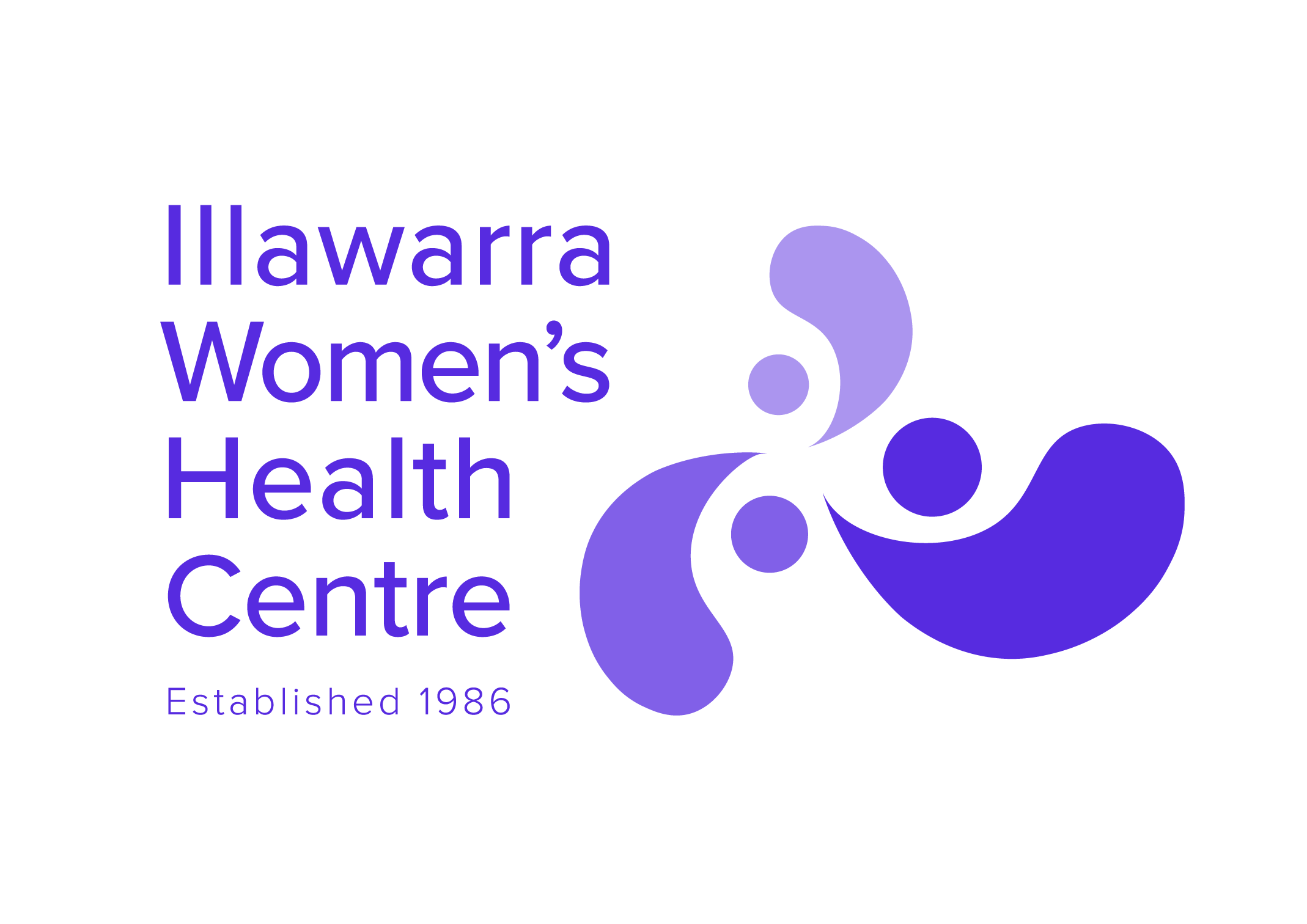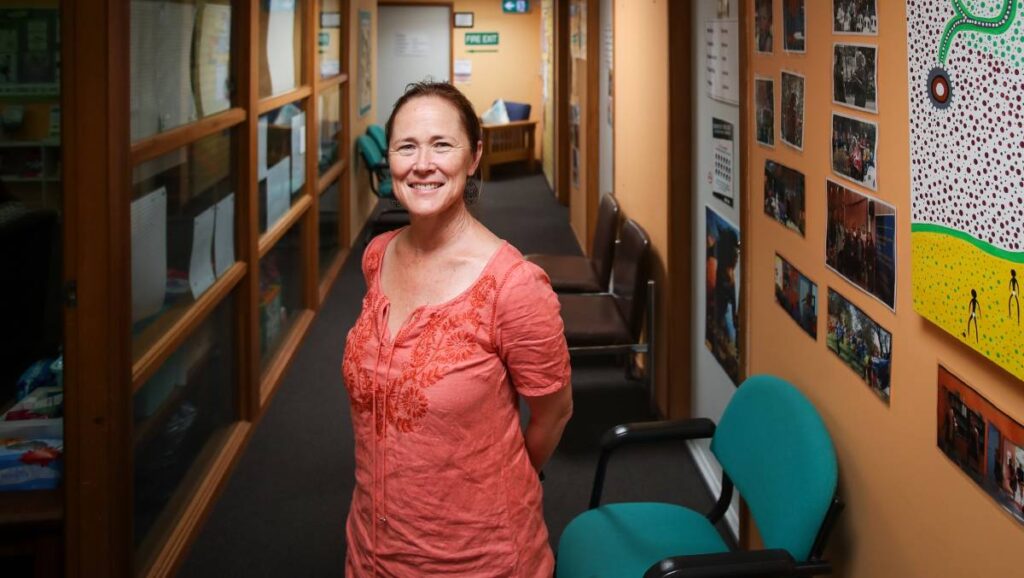Illawarra Mercury – Sally Stevenson AM
Broadly, national and state budgets are developed (and governments are judged on) Gross Domestic Product (GDP) or Gross Domestic State Product (GDSP) growth. But, how smart, honest and equitable is GDP as a measurement? To answer that, we need to look at what GDP measures and therefore values and critically, what it doesn’t measure. What it doesn’t value.
GDP is defined the ‘value of all the goods and services produced in a country over the past year’. GDP growth as a measurement of our economic health is so deeply embedded in our culture that it is used unquestionably. But over-reliance on GDP, a rough measure of productivity invented during war time, produces some absurd results, because it does not include a range of significant social costs and benefits.
It does not include, for example, the vast amount of unpaid work – unpaid good and services – disproportionally undertaken by women. Globally 75% of unpaid care work is carried out by women and girls. Women’s unpaid work subsidises the cost of care that sustains families, supports economies and often fills in for the lack of social services. Indeed, it is essential for households and economies to function.
It is rarely recognised as “work” in a national accounting system which calculates the GDP. Yet, unpaid care and domestic work is valued to be 10 and 39 per cent of GDP and can contribute more to the economy than the manufacturing, commerce or transportation sectors. In Switzerland, women’s unpaid work is estimated to be as large a contributor to the economy as banking and insurance industry.
Referencing world leading economics Joseph Stiglitz, Amartya Sen and Jean-Paul Fitoussi, when presenting her Fiscal Responsibility (Wellbeing) Bill 2022 in NSW Parliament this week Abigail Boyd MP noted in the, ‘GDP and GSDP measure only the monetary value of goods and services. For example, GDP and GSDP are positively impacted by sales of formula milk, but not by an infant being breastfed. GDP is positively impacted when you pay someone to clean your house, but not when you clean your house yourself. It’s the same with payments made to someone to look after your child, whereas the work of looking after your own child is overlooked by GDP.
Boyd quotes former French President Nicholas Sarkozy: ‘The kind of civilisation we build depends on the way we do our accounts quite simply because it changes the value we put on things’.
Economists and anthropologists argued that unpaid female labour, is fundamentally necessary to a nation’s economic success. But our current model of GDP only counts her day of paid caregiving as valuable. By failing to count unpaid work, the current GDP calculation creates a hidden tax on millions of women. One estimate shows family caregivers lose $300,000 in lifetime earnings, which impacts our social security system, superannuation, housing and health.
As Rosky asks, ‘what if all that unpaid work counted for something? What if we assigned some monetary value to the caregiving work, or even included it as an input to the GDP? How would that change how we view the country’s overall economic health?’
Making such a major change to the national accounting system is totally feasible,” says Misty Heggeness, principal economist for the U.S. Census. “The problem is that we’ve never historically prioritized it.” It’s a matter of choice.
That choice is currently reflected in the funding of Women’s Health Centres across NSW. For 35 years none of the 20 centres have received a real increase in funding. Our core budget in the Illawarra remains at $550,000 per year.
But, if we did value – and account for – women’s unseen and unpaid work we would start to see budgets structured to support women to be fully engaged in the economy. Estimates from the US Bureau of Economic Analysis show that adding household production to the GDP during the onset of COVID would increase GDP growth rate by three percentage points. If the NSW Government wants to avoid a recession over the next few years, investing in women is a perfect strategy.
We hope the Perrottet Government takes heed of the women’s vote. The budget must deliver equity for women.
A very good place to start would be to make up for the last 35 years and invest an additional $9million across NSW in women’s health centres, so we can continue to provide high quality compassionate health and social support to women, and by doing so keep women out of the buckling hospital system, reduce the demands on emergency mental health care and support women’s engagement in the workforce.
And, so we don’t fold. Because we simply can’t survive much longer on $550,000 a year.
Let’s hope the NSW Government delivers a well-being budget that truly understands the value of women’s contribution to our economy. Let’s hope they remember the power of our voices, and the power of our vote.
Sally Stevenson AM is the Executive Director of the Illawarra Women’s Health Centre.


